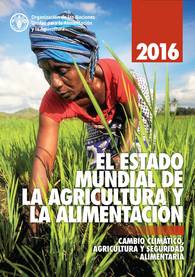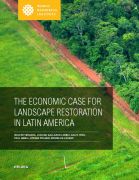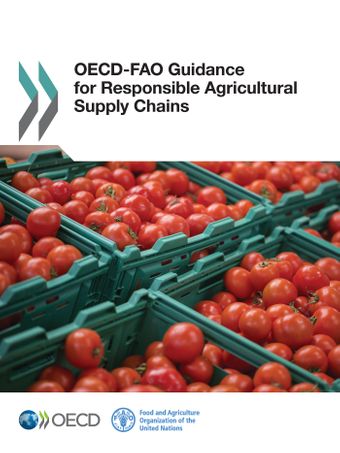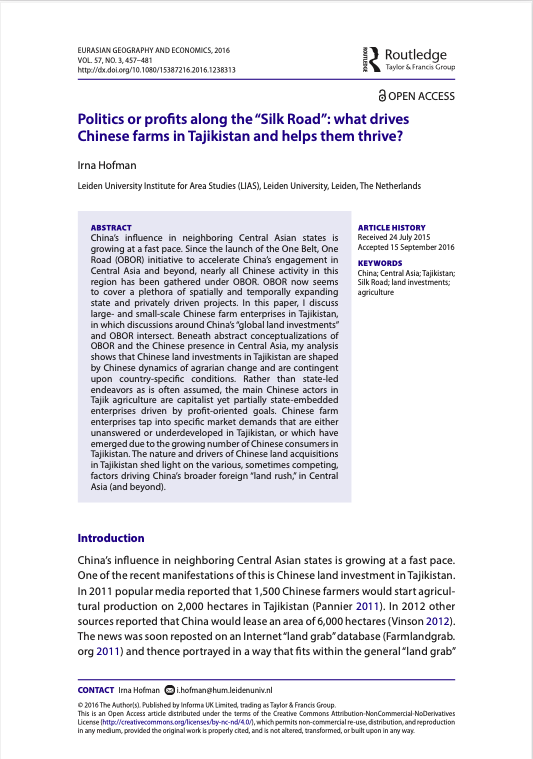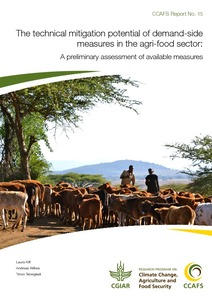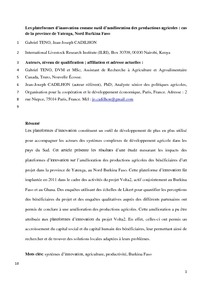Water Rights: An Assessment of Afghanistan’s Legal Framework Governing Water for Agriculture
“Water is the lifeblood of the people of Afghanistan, not just for living but also for the economy, which has traditionally been dominated by agriculture.” Nearly “80% of Afghanistan’s population derive their livelihood from the agriculture sector.” And, agriculture remains one of Afghanistan’s principal growth sectors.


